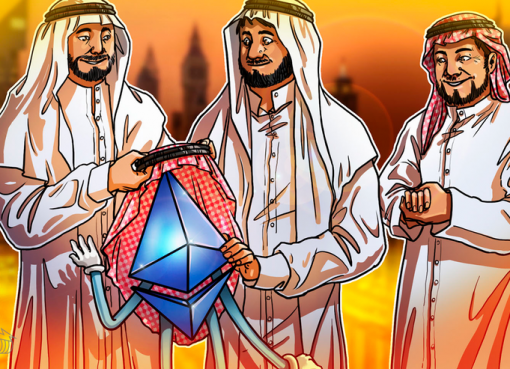In an interview with CNBC’s Street Signs Asia released Tuesday, Sam Bankman-Fried expressed optimistic caution surrounding the pace of nonfungible tokens’ (NFT) growth over the last year, warning investors that they could become vulnerable to the volatile market dynamics if improperly educated in the space.
The 29-year-old crypto entrepreneur and founder of trading company Alameda Research and crypto derivatives exchange FTX intimated that conversions have occurred with his own clients regarding their intent to purchase digital assets, but those same clients can become tentative when challenged on the genuine utility of their new asset.
“It’s almost going mainstream faster than the mainstream understands what it is they’re adopting, which is a weird phenomenon,” Bankman-Fried claimed.
He continued, “It could lead to just incredibly fast and giant adoption. It could also lead, frankly, to sort of a sour taste in people’s mouth if there’s a crash, and no one ever quite figured out what it was.”
In such a nascent space, it is natural that the NFT market temperament is relatively unchallenged. In contrast to the cryptocurrency market, which has experienced a multitude of bullish and bearish cycles, NFTs haven’t run the gauntlet yet, only experiencing the good times, so to speak.
At least for now, NFT sales continue to break all-time highs, leading to greater conscious awareness and cultural adoption in the mainstream market. Perhaps with the simultaneous growth of decentralized finance, the market can sustain such momentum long term.
Related: FTX buys naming rights to Cal Memorial Stadium for 10 years in $17.5M deal
On Monday, payments processing giant Visa purchased an iconic CryptoPunk avatar for just short of 150 Ether (ETH), equivalent to $150,000 at the time.
Alongside this, fellow crypto entrepreneur Jordan Fried recently announced the future launch of NFT.com, a marketplace initiative reportedly backed by seasoned investor and Shark Tank panelist Kevin O’Leary.
Bankman-Fried concluded the interview, suggesting, “Certainly, people have made money selling them. That would be one way to get into the game if you can understand what it is that makes them desirable.”




